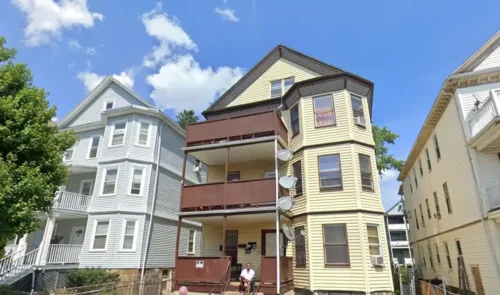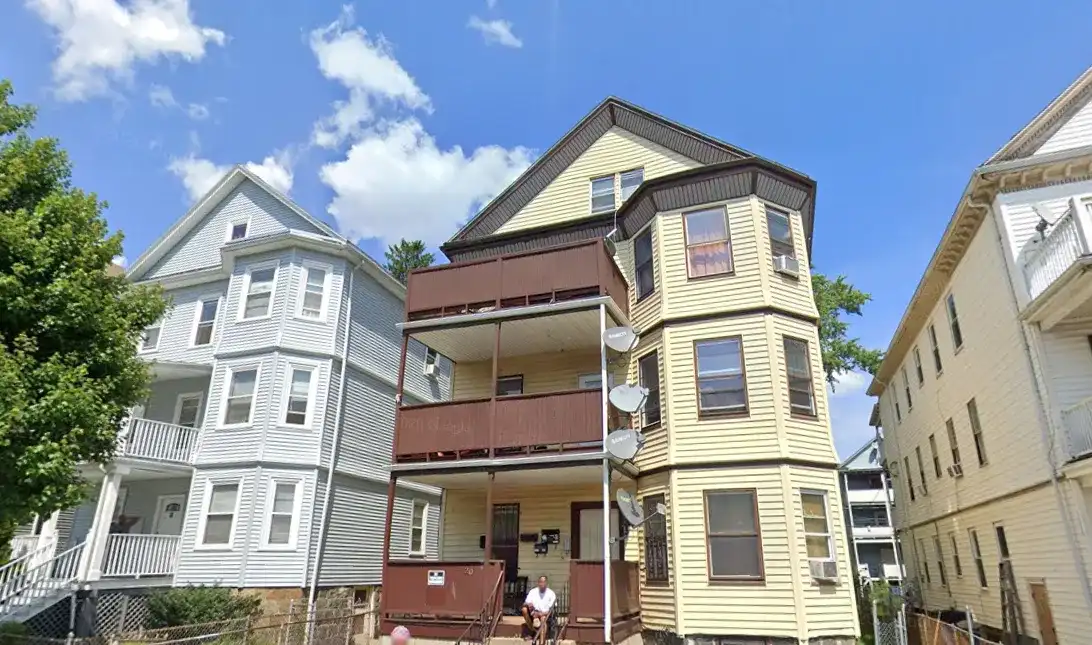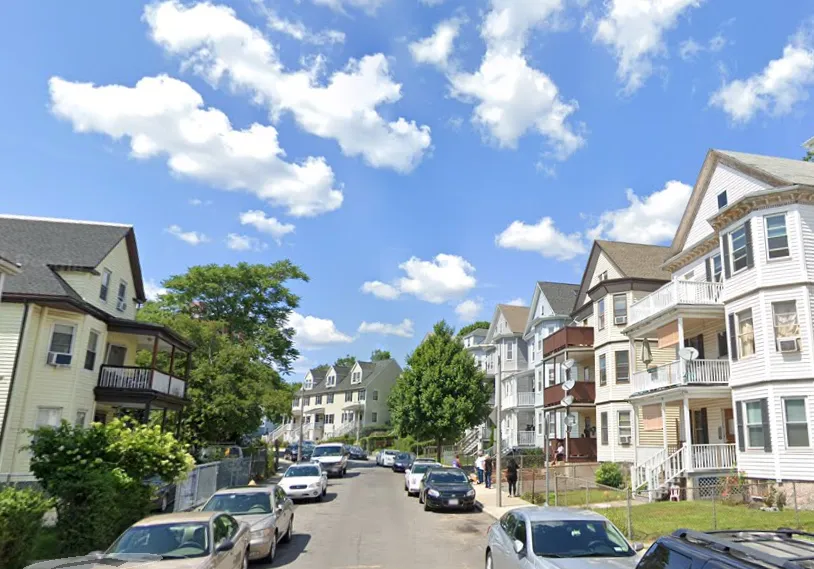Your cart is currently empty!
What Happens When Alcoholics Relapse?

In a 2015 article published in the Yale Journal of Biology and Medicine, Dr. Steven Melemis described three stages that occur during relapse. It’s sometimes the last obstacle to overcome on the path to alcohol recovery. They either relapse or seek further therapy to prevent future slips.

I Tried to Take a Break From Alcohol. Here’s What I Did Wrong
Depending on the severity of the alcohol use disorder, the body may repair functions damaged by alcohol quickly. As a person with an alcohol use disorder goes through detox and rehabilitation, their body seeks to regain normal function and balance. This process may cause intense withdrawal effects initially, which usually lessen over time. However, significant alcohol cravings may last much longer and often contribute to relapse. Some people who’ve experienced problems with alcohol may be able to drink again, but most will not.
- People who drink heavily or who drink alone may choose to stop drinking for several months, a year, or longer, depending on their needs.
- The action stage typically lasts from three to six months and sometimes as long as 18 months, but it does not mark the end of the recovery process.
- The more information you have, the easier it will be to find a path to sobriety.
- Although alcohol is a depressant and works to induce sleep, you are less likely to stay asleep, as alcohol disrupts the sleep/wake and REM cycles.
- Detoxing from alcohol is potentially dangerous and should be conducted under close medical supervision.
Expert Opinions on Alcohol and Recovery
We offer the highest level of skilled care in a calm, comfortable environment. Alcohol interacts with the reward and motivation center of the brain and with areas that regulate motor function, emotions, stress reactions, learning, and memory. When a drinking again after sobriety person regularly consumes alcohol, these brain functions may alter to adapt to its presence. Recovery is lifelong, and a relapse can happen at any time, even after years of not drinking.
What Are the Legal Consequences of Alcohol Abuse?

To increase the chance of a successful recovery and life of sobriety it is important to receive guidance from a reliable source. This stage typically starts 3–5 years after you’ve stopped drinking. People often need to address past trauma or familial issues during this time. Since withdrawal symptoms tend to ebb and flow, you may be tempted to feel like you’re not making progress ― even though in reality, you’ve come a long way. While the abstinence stage of withdrawal causes mostly physical symptoms, post-acute withdrawal is very psychological and emotional. During this stage, most people focus their energy on coping with cravings and resisting the urge to drink.
Tips for success in alcohol recovery
My experience is that people with decades of abstinence clearly can and do relapse, but the incidence is very low. Like Hoffman and many others, it’s always what is alcoholism heartbreaking when it happens. I’ve seen it triggered by opiate prescriptions, acute pain, and other life stressors. Often, the people who relapse have stopped engaging in the recovery-oriented practices that served them well during their earlier sobriety. We certainly need to learn more about what factors protect such people from relapse, and what factors predispose them to returning to addictive use.

The Cycle of Recovery from Alcoholism
Experts agree that while every individual is unique, the consistent recommendation is to prioritize abstinence. This approach ensures a healthier, more stable recovery journey. Abstinence-based recovery programs offer a structured approach that helps individuals rebuild their lives free from alcohol’s influence.
Improved blood sugar
This GABA imbalance in the brain causes excessive neuronal activity or “neuronal hyperexcitability,” meaning that the brain is “overly excited,” and hence why these symptoms appear. Some people may feel so “broken” that they almost feel they can no longer experience joy and confidence, or have healthy relationships again. So far, there’s no consensus on the medical definition of recovery in alcohol treatment literature. According to the National Institute on Alcohol Abuse and Alcoholism (NIAAA), recovery is a process that involves remission from AUD and quitting heavy drinking for good. Remember, you are an important part of the treatment team with enormous power to do good for your loved one. Taking these steps can help make their long-term recovery a reality.

- “Among Gen Z, the proportion of people who choose not to drink is increasing by about half a percentage point annually.
- Physical risks include withdrawal symptoms, potential for overdose, and the exacerbation of health issues like liver damage, heart problems, and neurological impairments.
- Relapse is a common feature of substance use disorders, and it is more the rule than the exception.
- For people who have established a sustained period of sobriety, relapse doesn’t occur overnight.
- The dangers of relapse include potentially severe physical and mental reactions when substance use resumes.
I remember the feelings of defeat, how my heart sank with each step closer to home—knowing that I would drink again, and the despair that I may never be able to break free from alcohol. When https://ecosoberhouse.com/ celebrity chef and presenter Briony May Williams had a health scare last year, she decided it was time to make a major change. The Great British Bake Off star from Bristol tells the BBC about her experience of going alcohol free. Contemplation can be an uncomfortable process, and feelings of guilt, shame, hopelessness and desperation are common as people reach this crossroads in their addiction journey. Individuals may waffle back and forth between wanting and not wanting to change. They may decide, for instance, that they’re going to seek treatment sometime in the next six months but won’t set a definite date.
Mixing Weed and Alcohol: Effects and Risks
Your body has acclimated to quitting drinking over the past couple of years. A 2006 study published in the journal Addiction found that 62 percent of people treated for alcoholism through alcohol rehab or Alcoholics Anonymous maintained recovery after three years. About 43 percent of people who did not receive any form of treatment maintained sobriety. Friends and family see the noticeable benefits of quitting alcohol when their loved one stops drinking and chooses to pursue a healthy life. By incorporating these elements into their aftercare plan, individuals can significantly reduce the risk of relapse and increase the likelihood of long-term sobriety and well-being.
Αφήστε μια απάντηση